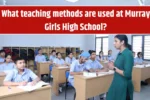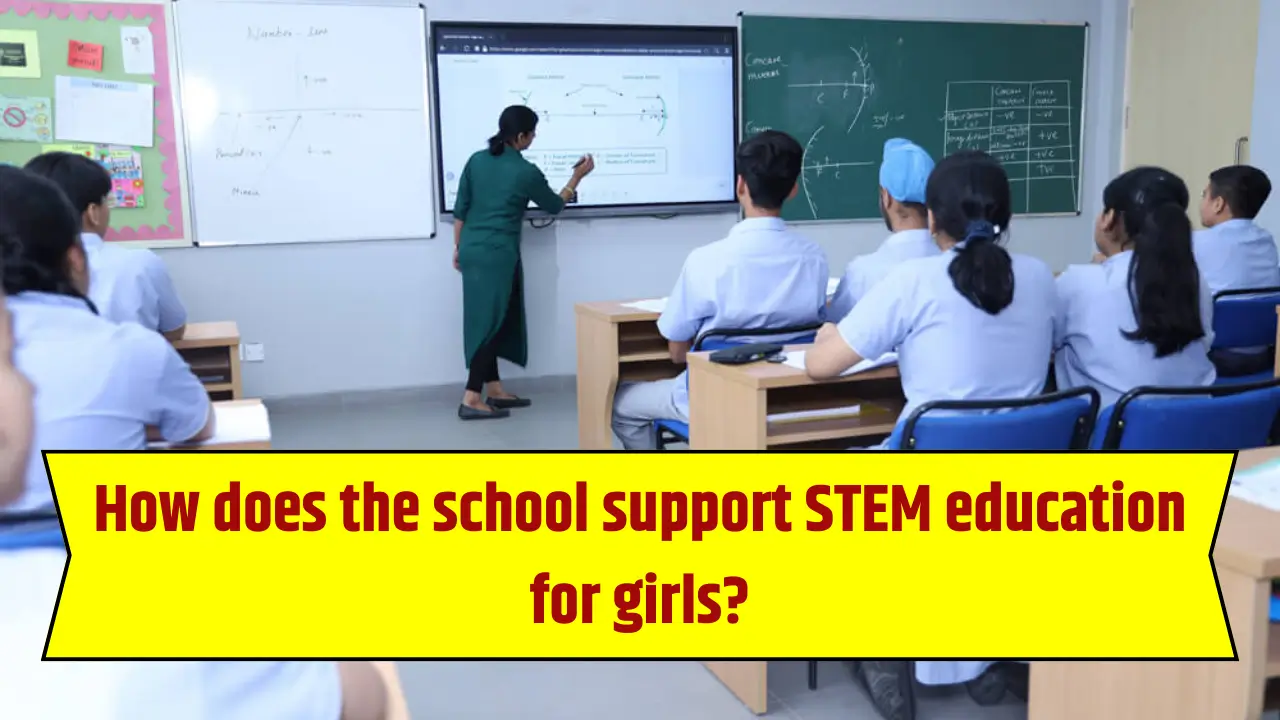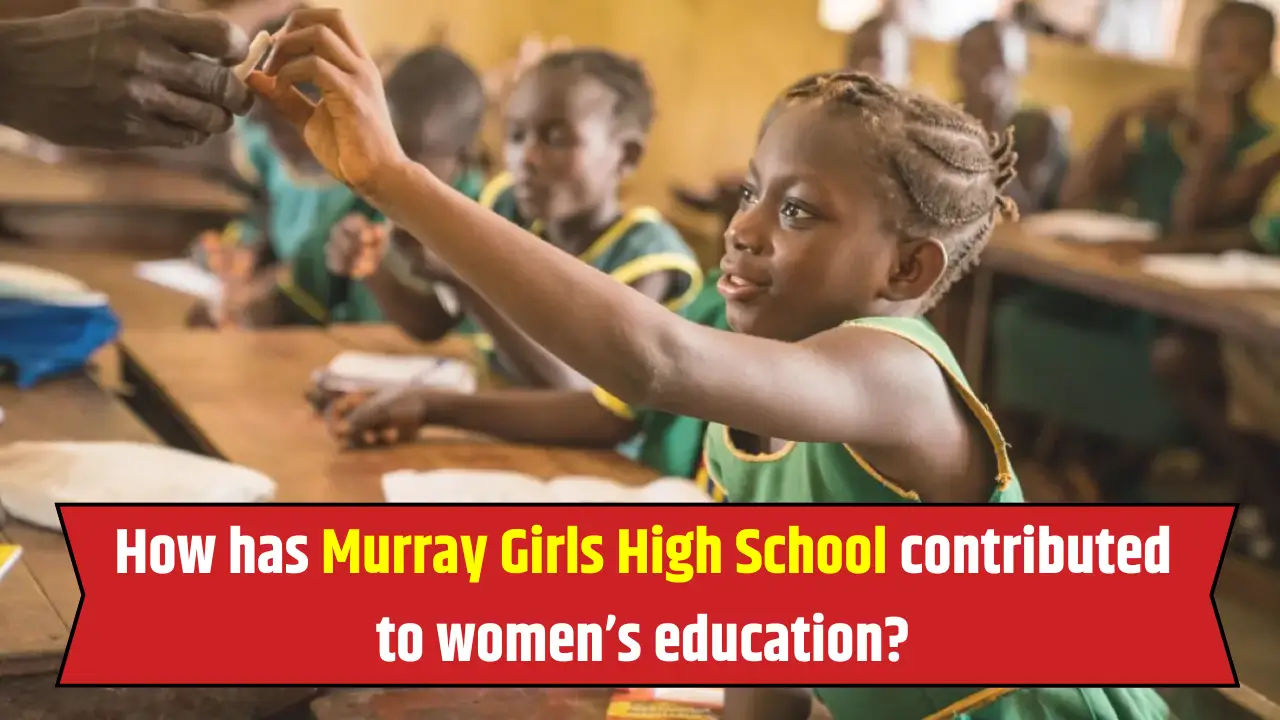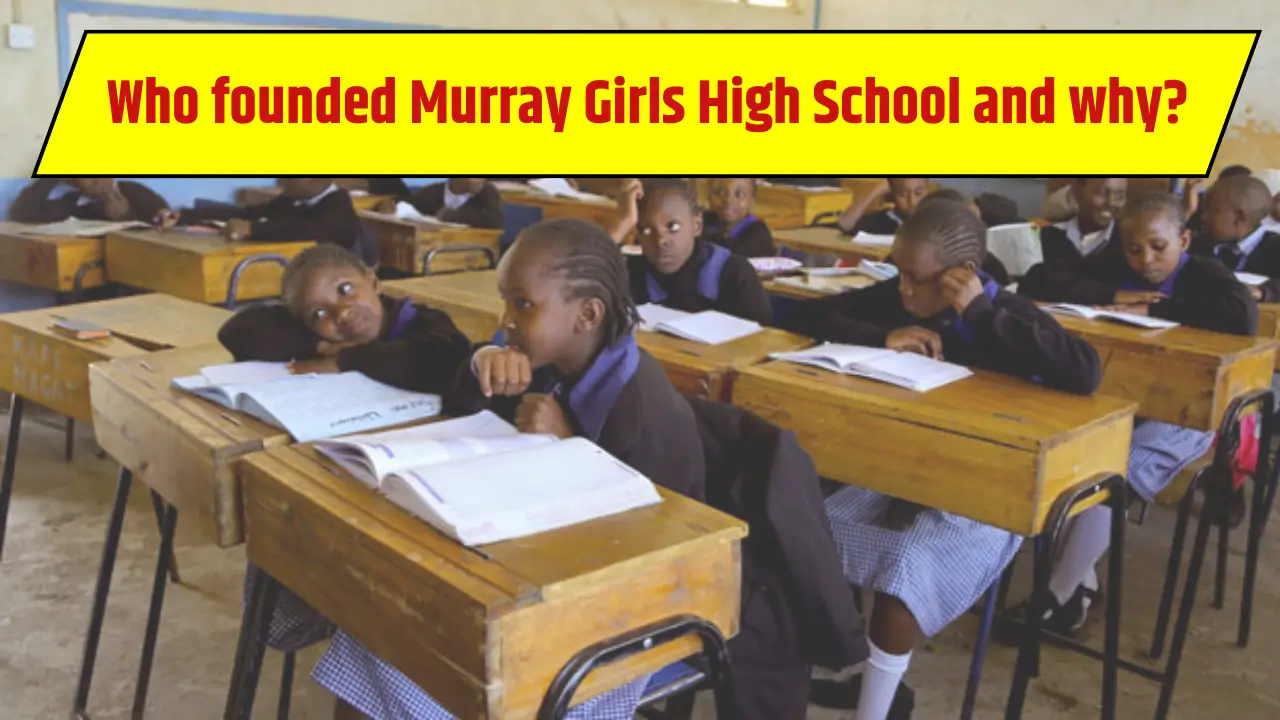The breadth and depth of subjects offered at different grade levels determine the quality and versatility of secondary education. At Murray Girls High School—an esteemed girls’ boarding school in Wundanyi, Taita Taveta County, Kenya—students benefit from an academically rich curriculum tailored according to the national standards set by the Kenya Institute of Curriculum Development (KICD).
The subject offerings across Forms 1 to 4 cultivate essential knowledge, practical skills, and intellectual confidence, empowering young women for examinations and future pursuits.
This article presents a comprehensive overview of the subjects delivered at Murray Girls High School across various grade levels. It details how each stage supports foundational learning, skill development, and exam specialization, alongside co-curricular enrichment and innovations as of 2025.
Structure of Grade Levels
Murray Girls High School offers education from Form 1 through Form 4—the four years of secondary schooling in Kenya—culminating in the Kenya Certificate of Secondary Education (KCSE) examinations.
- Form 1 (Grade 9): Entry-level secondary education, focusing on broad foundations.
- Form 2 (Grade 10): Knowledge consolidation and skill enhancement.
- Form 3 (Grade 11): Advanced learning, exam preparation begins.
- Form 4 (Grade 12): Specialized focus, final KCSE year.
Subjects Offered Across Grade Levels
Core Compulsory Subjects (All Forms)
- English Language
- Kiswahili (National Language)
- Mathematics
These subjects are taught from Form 1 to Form 4, with increasing complexity and specialization.
Sciences
- Biology (Form 1-4)
- Chemistry (Form 1-4)
- Physics (Usually introduced from Form 2 onwards)
All science subjects combine theoretical instructions with practical laboratory activities to develop analytical and problem-solving skills.
Humanities
- History and Government (Form 1-4)
- Geography (Form 1-4)
- Christian Religious Education (CRE), Islamic Religious Education (IRE), or Hindu Religious Education (HRE)
- Students select one religious education subject according to personal or family preferences and beliefs.
Technical and Applied Subjects
- Business Studies (Form 1-4)
- Agriculture (Form 1-4)
- Computer Studies/ICT (Often introduced from Form 2 onwards; rapidly evolving with digital trends)
- Home Science (May be offered as an elective, focusing on practical life skills)
Creative Arts
- Music
- Art and Design
- Drama/Theater Arts (Available as club/extra-curricular activity, sometimes as an elective)
These subjects foster creativity, self-expression, communication skills, and overall personality development.
Table: Subjects Distribution by Grade Level
| Subject Area | Form 1 | Form 2 | Form 3 | Form 4 |
| English | ✓ | ✓ | ✓ | ✓ |
| Kiswahili | ✓ | ✓ | ✓ | ✓ |
| Mathematics | ✓ | ✓ | ✓ | ✓ |
| Biology | ✓ | ✓ | ✓ | ✓ |
| Chemistry | ✓ | ✓ | ✓ | ✓ |
| Physics | ✓ | ✓ | ✓ | |
| History/Government | ✓ | ✓ | ✓ | ✓ |
| Geography | ✓ | ✓ | ✓ | ✓ |
| Religious Education | ✓ | ✓ | ✓ | ✓ |
| Business Studies | ✓ | ✓ | ✓ | ✓ |
| Agriculture | ✓ | ✓ | ✓ | ✓ |
| Computer Studies | ✓ | ✓ | ✓ | |
| Home Science | ✓ | ✓ | ✓ | ✓ |
| Music/Art/Drama | ✓ (Club) | ✓ (Club) | ✓ (Club) | ✓ (Club) |
Bulleted Highlights
- All students undertake English, Kiswahili, Mathematics, and at least two Sciences across four years.
- Humanities and Religious Education subjects supplement knowledge of history, culture, and values.
- Technical subjects (Business, Agriculture, Computer Studies) equip students with practical, marketable skills.
- Creative arts are promoted for holistic development and enrichment of non-academic talents.
- Electives and club activities are available at all grade levels, expanding students’ interests beyond conventional subjects.
- Form 3 and 4 see increased subject specialization and exam-focused instruction.
Co-curricular Enrichment and Innovations (2025)
- Digital Learning Integration: Computer and ICT lessons incorporate coding, web design, and emerging digital tools.
- STEM Initiatives: Science clubs, math contests, and project work elevate STEM participation among girls.
- Extra-Learning Opportunities: Remedial classes and subject clinics offered for weaker students, especially in sciences and mathematics.
- Arts and Leadership Development: Enhanced music, debate, drama, and leadership clubs foster confidence and public speaking skills.
- Career Guidance: Senior grades receive targeted career counseling linked to subject specialization and further education paths.
Recent Updates
- Expanded Computer Studies: Updated curriculum introduces greater digital literacy and programming components from Form 2 onwards.
- Entrepreneurship Modules: Business Studies now incorporates practice-based entrepreneurship lessons for real-world readiness.
- Science Practical Focus: Improved laboratory resources allow for more hands-on science experiments, benefiting all Forms.
- Inclusivity in Creative Arts: More options in art, music, and drama for all students, not just those taking electives.
- Subject Clinics: Targeted support for KCSE candidates in key subjects to improve national exam outcomes.
Conclusion
Murray Girls High School’s academic program spans a comprehensive range of subjects mapped across Forms 1 to 4. The curriculum is meticulously structured to deliver foundational knowledge in the early years, skill enhancement in the intermediate grades, and specialization with exam focus in senior forms.
Alongside core academic offerings, students enjoy rich opportunities in technical subjects, creative arts, co-curricular clubs, and modern innovations—all contributing to their holistic growth and preparedness for future endeavors.
As of 2025, the school’s subject offerings continue to adapt, ensuring every girl receives a contemporary, relevant, and empowering secondary education.














